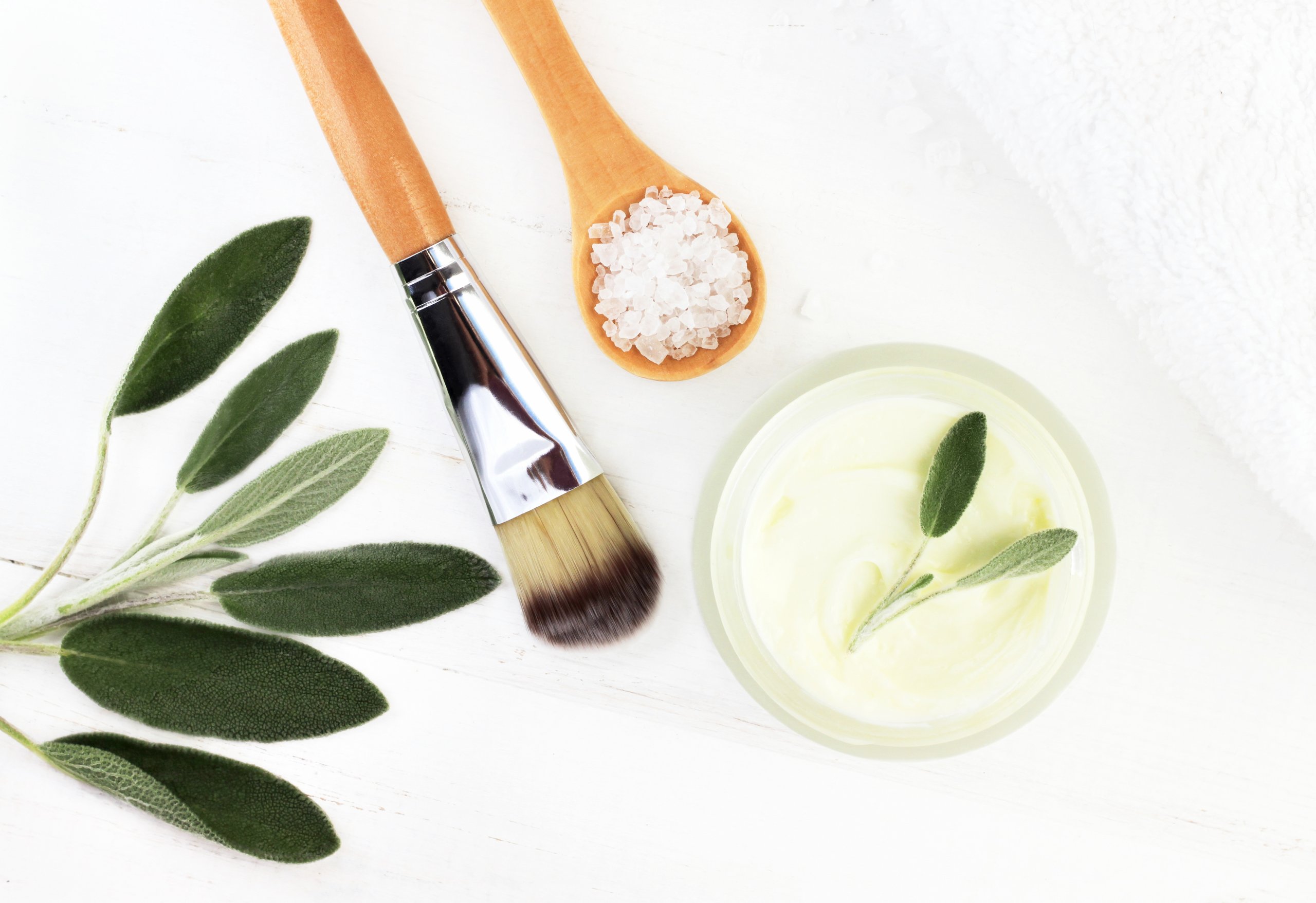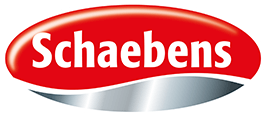
Important Ingredients
AHA acids
AHA acids (alpha hydroxy acids) are natural fruit and lactic acids from grapes, apples, olives, lemons and milk. They fight wrinkles, soften the skin and refine its appearance. Many anti-aging products contain AHAs.
Algae
Spirulina blue algae extract is rich in numerous nutrients, including amino acids, polyunsaturated fatty acids such as gamma-linolenic acid, vitamins (B1, B2, B3, B6 and B12 and vitamin E), minerals and trace elements such as iron, magnesium, calcium, zinc, chromium and selenium. Spirulina contains a full-fledged plant protein with all 8 essential amino acids. Nourishes, protects and supports skin regeneration.
Ceramides
These natural fats (probably from Latin Cerebrum = brain) are located in the horny layer of the skin and form a barrier that protects against moisture loss and foreign bodies (e.g. germs). Many creams and anti-aging concentrates contain artificial ceramide building blocks, which can be obtained from yeast, for example: They soften dry skin and give it elasticity. In conditioners they rebuild a stressed hair structure.
Emulsifiers
These are used in creams and lotions to combine two substances that do not normally mix – water and oil. Emulsifiers (Latin Emulgere = exhaust, milk out) and lipophilic (fat-absorbing) elements -– and thus build a bridge between water and oil.
Enzymes
These are the engines in our bodies. Enzymes (artificial Greek word derived from Latin fermentium = sourdough, refers to the fermentation process) initiate or accelerate chemical processes such as metabolism or wound healing. And because each of the approximately 20,000 protein molecules is specialized in a specific field of activity, they can be used specifically in cosmetics. In facial care, for example, they stop the breakdown of collagen, in sun lotions they prevent UV damage, and in cellulite creams they break down horn cells and clear the way for firming agents.
Fruit acid
Fruit acids are also called hydroxy acids or AHA (alpha hydroxy acid) fruit acids. Glycolic acid, lactic acid, malic acid, tartaric acid, citric acid and salicylic acid are interesting for cosmetics. Alpha hydroxy acids not only regulate moisture, but also stimulate cell metabolism and promote flaking of the outer layer of horny skin.
Hyaluronic acid
Hyaluronic acid is an important component of connective tissue and belongs to the family of mucopolysaccharides. It is obtained biotechnologically from the cell membrane of microorganisms. The most important property of hyaluronic acid is its exceptionally high water binding capacity. In combination with water, hyaluronic acid leaves a watery film on the skin, thereby making an essential contribution to smooth, velvety skin.
Isoflavones
Isoflavones are found in soya, hops, yams and types of clover. They belong to the group of phytohormones that protect the plant from fungal attack. In anti-aging creams, the isoflavones with their hormone-like effect are supposed to revitalise the collagen production of the skin.
Liposomes
Liposomes are microscopically small hollow bodies that are absorbed by the horny layer because of their similarity to the natural cell membrane and increase its barrier function. They serve as a “transport system” for sensitive substances. In cosmetics, liposomes are mainly used in anti-aging care.
Peptides
Peptides are endogenous protein building blocks (= chains of amino acids) that make up hair and skin. They serve as messenger substances between the cells and also regulate the metabolism within the cells. Peptides are used especially in anti-aging cosmetics and have different functions depending on the size of the molecule chain. They are applied to reduce expression lines, stimulate the build-up of collagen and also have an intensive moisture-binding effect.
Polyphenol
Polyphenols are secondary plant substances. Particularly good suppliers are grapes, olives, green tea and pomegranate. Their anti-inflammatory and cancer-preventative effects have been proven. In creams, they have an important protective function, as they repel free radicals and thus protect the skin from premature aging.
Q10
Q10 is an endogenous co-enzyme that is important for the energy production of each individual cell. Coenzymes Q (1-10) are also called ubiquone, after the Latin “ubi” (everywhere), because these substances are present in all living cells. In cosmetics, Q10 is used as a catcher of free radicals (antioxidants).
Urea
Urea is the INCI term for carbamide and is often used in creams for dry and sensitive skin due to its very good moisture-binding properties.
